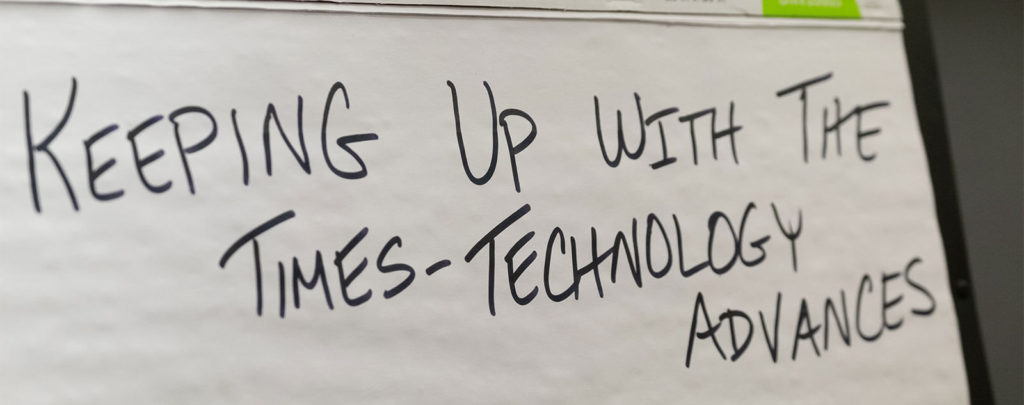What is a 30-second breakdown on the neurobiology of addiction?
Not everyone will get addicted: two people could ingest the exact same amount of substances, and one might end up addicted and the other not. What is different in the brain of the person who does get addicted? All of us will have a higher-than-usual dopamine spike in our limbic system if we are given an "abusable" substance. For some people, if that substance is given repeatedly, this will lead to a cascade of neurological changes that lead to a powerful and strong drive within the limbic system to drive the body forward to use that substance again. At the same time, the prefrontal cortex (home to our willpower and rational thinking), becomes much weaker and is no longer able to inhibit the limbic system. It's basically a situation where the "brakes are out of the car," and a person finds that even if they desire to stop using a substance, they are not able to do so. They find that they have "lost control" and that their behavior is occurring with little conscious input and with much associated shame and regret. This causes a downward spiral -- as we already know that people who are feeling ashamed are driven even deeper into shame when others punish them or shame them further.


